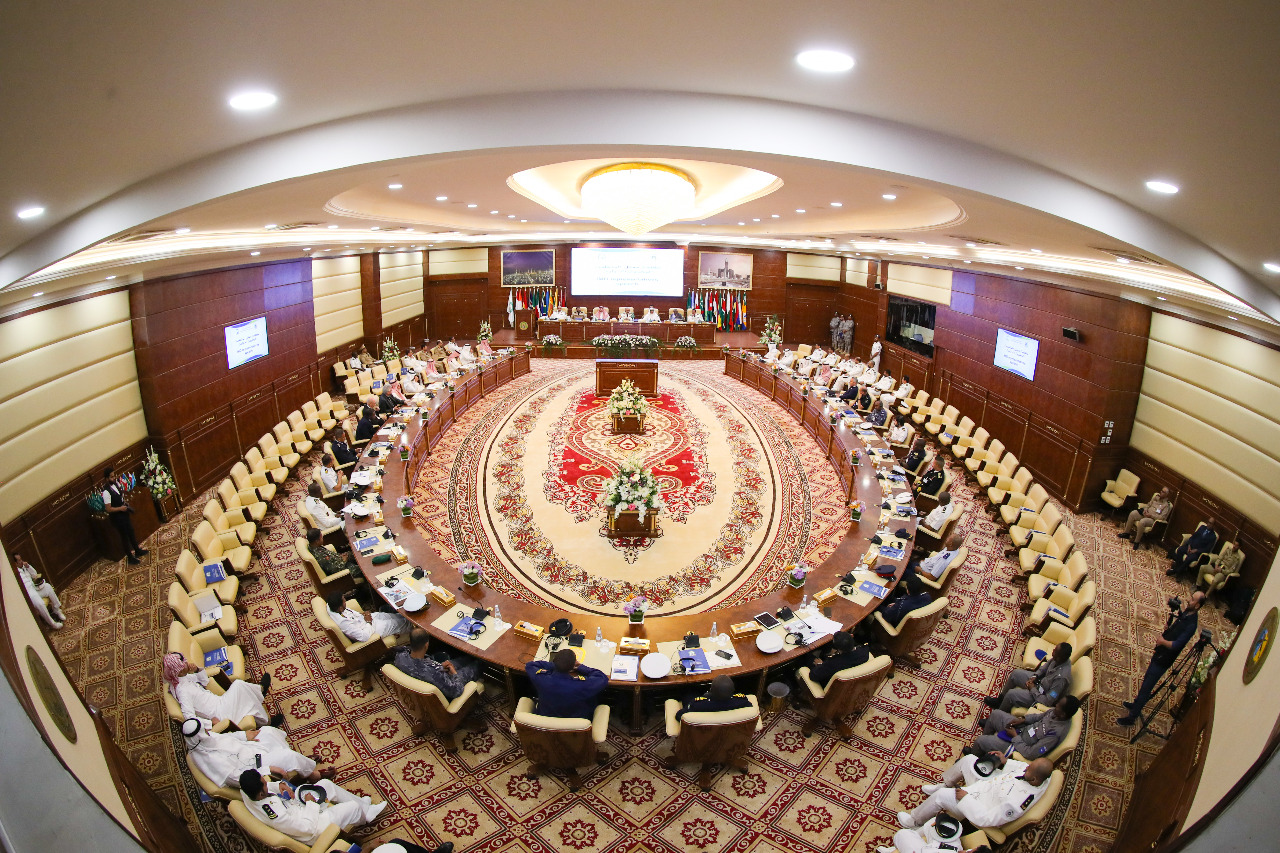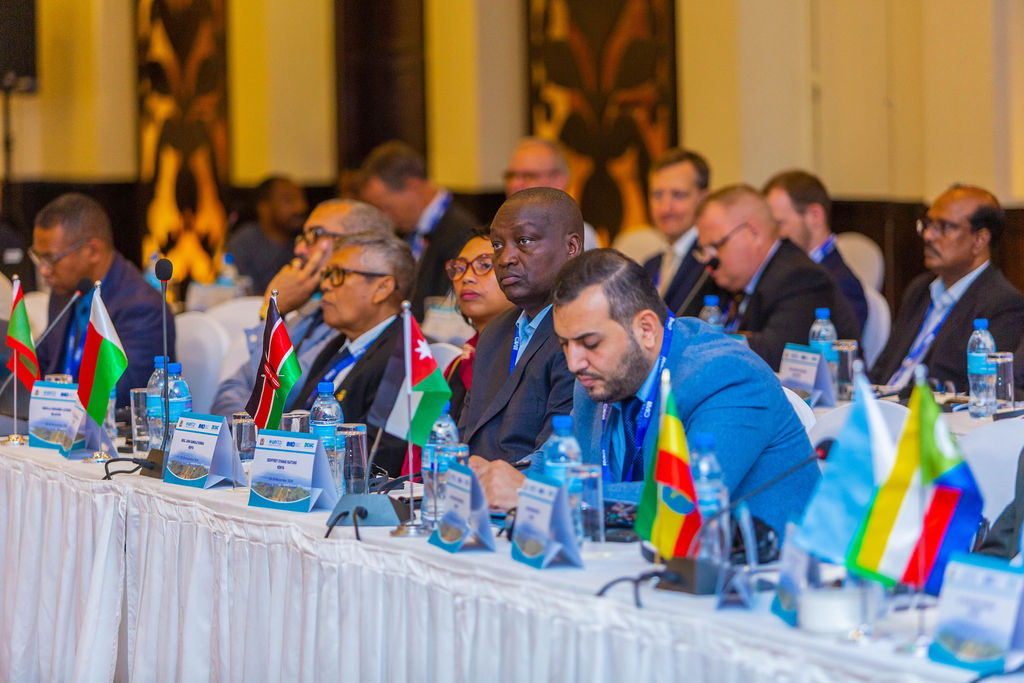About DCOC
The Djibouti Code of Conduct (DCoC) – the Code of Conduct for the repression of piracy and armed robbery against ships in the western Indian Ocean and the Gulf of Aden – was signed on 29 January 2009.
This was done by the representatives of Comoros, Djibouti, Egypt, Eritrea, Ethiopia, Jordan, Kenya, Madagascar, Maldives, Mauritius, Mozambique, Oman, Saudi Arabia, Seychelles, Somalia, South Africa, Sudan, United Arab Emirates, the United Republic of Tanzania and Yemen, 20 of the 21 countries eligible to sign. Under the Code, which became effective from the date it was signed, signatories declare their intention to co-operate to the fullest possible extent in the repression of piracy and armed robbery against ships.
It takes into account and promotes the implementation of those aspects of UN Security Council resolutions 1816 (2008), 1838 (2008), 1846 (2008) and 1851 (2008) and of UN General Assembly resolution 63/111, which fall within the competence of IMO.
In particular, the signatories to the Code agreed to co-operate, in a manner consistent with international law, in: (a) the investigation, arrest and prosecution of persons, who are reasonably suspected of having committed acts of piracy and armed robbery against ships, including those inciting or intentionally facilitating such acts; (b) the interdiction and seizure of suspect ships and property on board such ships; (c) the rescue of ships, persons and property subject to piracy and armed robbery and the facilitation of proper care, treatment and repatriation of seafarers, fishermen, other shipboard personnel and passengers subject to such acts, particularly those who have been subjected to violence; and (d) the conduct of shared operations – both among signatory States and with navies from countries outside the region – such as nominating law enforcement or other authorized officials to embark on patrol ships or aircraft of another signatory.

A decade ago, piracy and armed robbery at sea, off the coast of Somalia had become a most serious threat to global shipping, with far reaching consequences for regional economies. With the support of international partners, the region rallied their efforts through the Djibouti Code of Conduct, and were most successful in containing the threat.
Drawing lessons from successful state collaboration against piracy, the region decided to extend the collaboration to other maritime threats. This was in consideration of the fact that crimes like piracy, illegal fishing and the smuggling and trafficking of firearms, narcotics and people continued to threaten security in the Western Indian Ocean.
If left unopposed, could severely hamper shipping and the growth of ocean economies. There was also concurrence amongst participating States that earlier interventions to counter piracy, did not go far enough, in the sense that they did not address the root causes.
Through collective wisdom, and taking advantage of the window of opportunity created by the decline in piracy, the region decided to build on the experience and lessons learnt in countering piracy to implement sustainable capacity building interventions to prevent a resurgence of piracy and to deal with the problem of other transnational organized crimes committed at sea.


